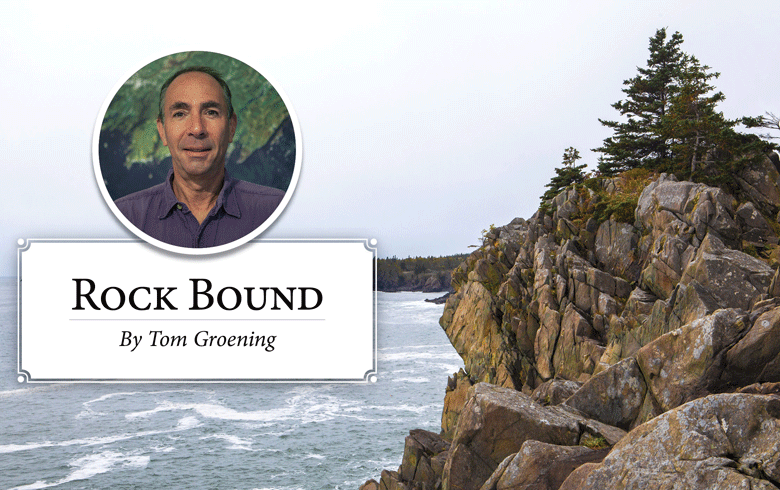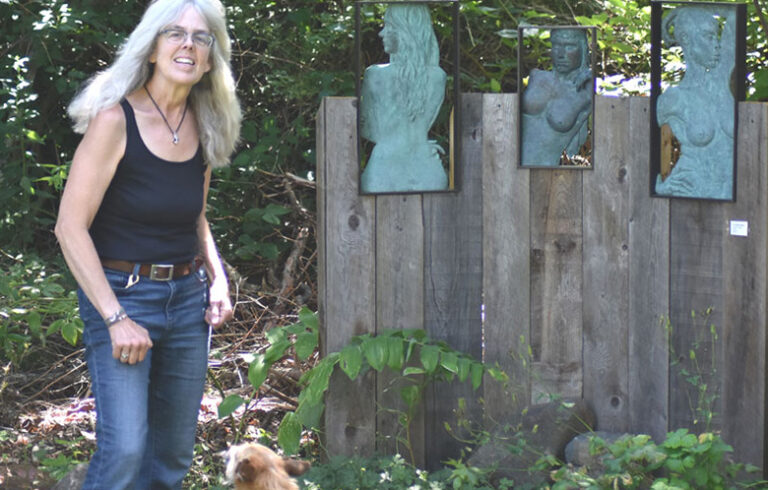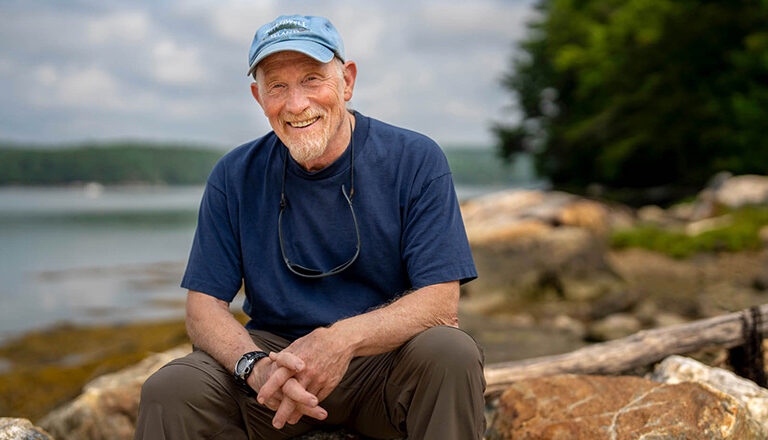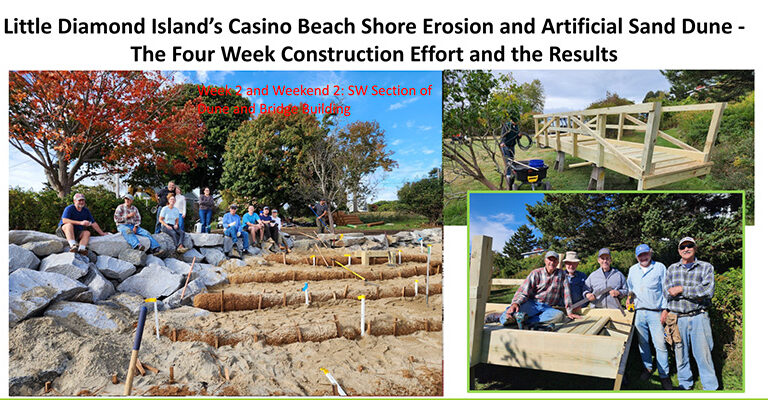About 15 years ago, I had a most pleasant conversation with Linda Bean. I was covering the Maine Fishermen’s Forum for the Bangor Daily News and found myself sitting next to her at a session which had participants gathered in a circle.
A fellow journalist had recently told me something about Bean’s rival in the 1992 Republican primary for the 1st Congressional District seat, and I shared that with her. She spoke of her one-time rival with genuine concern and affection.
Several years later, early in my tenure with Island Institute, we decided to produce a lobster-themed issue and I wanted to include Bean, who established a buying station on Vinalhaven and who was operating as a lobster dealer. She had an office in Rockland about 200 feet from ours, and I visited a couple of times, trying to interview her.
She wasn’t available, nor did the staff I was told to contact ever reply. Maine journalists know well what I learned then—Linda Bean was not a fan of our work.
Yes, she was the granddaughter of the founder of the L.L. Bean retail empire, but in her early life, that didn’t bring wealth or clout.
Bean, who died in March, had been active in the Midcoast and beyond. In addition to the Vinalhaven lobster operation, she owned stores on the St. George peninsula and was developing a Wyeth art center. She also began purchasing houses in the area and renting them by the week and month.
Yes, she was the granddaughter of the founder of the L.L. Bean retail empire, but in her early life, according to a 1992 story in the Casco Bay Weekly, that didn’t bring the wealth or clout you’d expect. Her parents divorced when she was young. In her college years, she described herself as a “JFK Democrat,” and while living in Hallowell, helped establish Maine’s first downtown historic preservation district, which helped block a highway plan there.
After her first marriage dissolved, she married a man almost 40 years her senior and seems to have converted to his conservative views. Beginning with that deeply held Maine value that a property owner ought to have free rein over his or her land, Bean’s politics expanded into the social realm, opposing women’s and gay rights.
When she inherited millions from her grandfather, she and her husband started The Maine Paper in 1979 to espouse their conservative views.
The Casco Bay Weekly story also chronicled her donations to national conservative causes, even channeling her money to the Contras, the group trying to overthrow the elected Marxist government in Nicaragua during the Reagan years.
Her run for the 1st District seat had her describing herself as a single mother who had worked as a waitress. In those years, I worked at a paper that published another newspaper which included a “waitress of the week” photo feature—and yes, it was as sexist as it sounds. Some local wise guy wrote in saying Bean should be featured.
Bean’s activism continued, with the last big flap coming in 2017 when she gave $60,000 to a PAC supporting Donald Trump. Trump detractors called for a boycott of L.L. Bean.
Wealthy folks throwing their dollars behind political causes and candidates don’t sit well with us Americans. With Bean, I suspect there was an element of sexism, just as with Roxanne Quimby, whose efforts to establish a federal land preserve adjacent to Baxter State Park drew such passionate opposition. I imagine if Roxanne were instead Raymond, folks in Northern Maine might have argued that “he ought to be able to do what he wants with his land.”
Wealthy philanthropists often think about legacies. Credit-card lender MBNA’s founder Charlie Cawley, with his company’s money and his own, put Midcoast YMCAs, libraries, schools, and parks on solid footing. Paul Coloumbe, the vodka magnate who has invested his wealth in Boothbay Harbor tourism infrastructure, also will leave a legacy. Both also had their detractors.
Years ago, I interviewed a retired businessman who was running Vinalhaven’s lobster coop and asked him why so many on the island were wary of Bean’s forays there. “She tends to lose interest in what she gets involved in,” he told me, and the fishermen who relied on her might be left high and dry.
The questions I’m left with are these: Does Linda Bean have legacy? And do our big-impact philanthropists always invest with strings attached? George Dorr, John D. Rockefeller, and the others who created Acadia National Park had conditions for their donations, but do we care about those strings now?
Tom Groening is editor of The Working Waterfront. He may be contacted at tgroening@islandinstitute.org.





